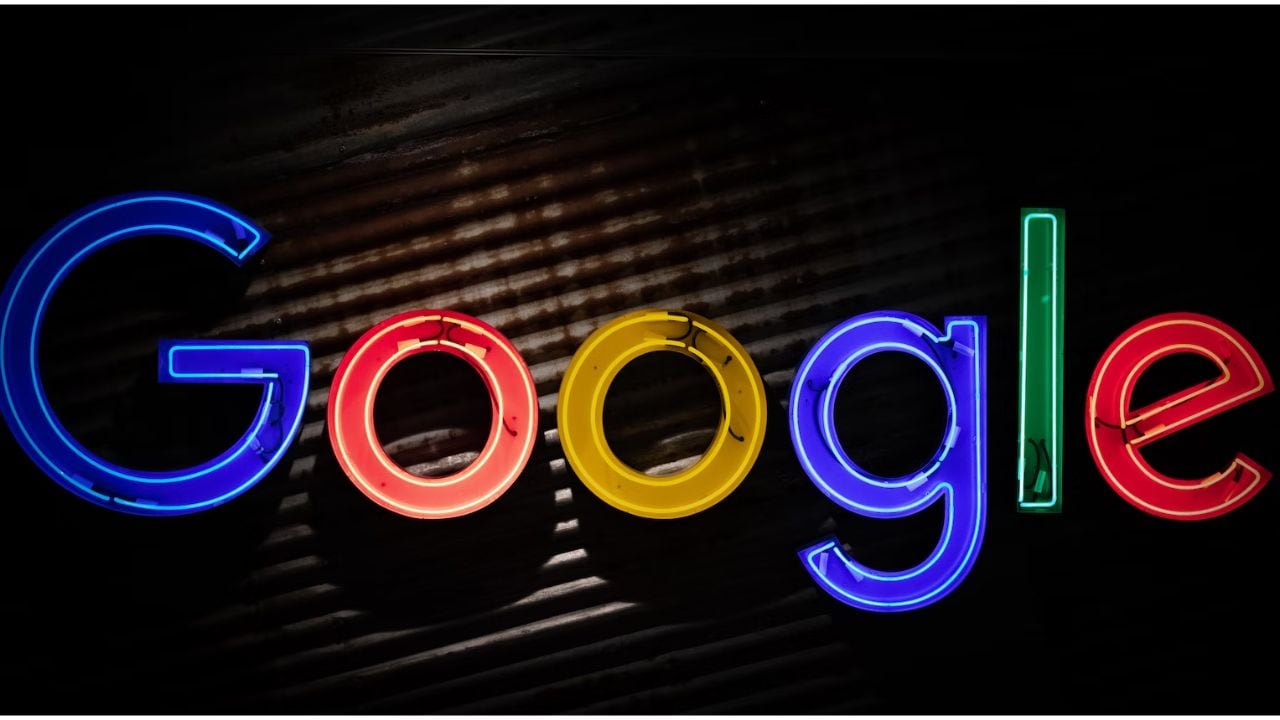Google on February 6 unveiled an experimental conversation AI service called Bard, as it races to catch up with the wildly popular chatbot ChatGPT from the Microsoft-backed firm OpenAI.
The service will be initially opened up to “trusted testers” before making it more widely available to the public in the coming weeks, Alphabet CEO Sundar Pichai said in a blogpost.
Pichai had previously teased the launch of this service during the company’s earnings conference call last week, saying that consumers will be able to use its language models “as a companion to search”.
This announcement comes as the tech giant’s flagship search business faces renewed competition from its Big Tech peer Microsoft which recently made a reported $10 billion investment in the upstart artificial intelligence (AI) research lab OpenAI and plans to add artificial intelligence capabilities across its range of software products including Google rival Bing.
Similar to ChatGPT, Bard will provide detailed answers to user prompts such as “plan a friend’s baby shower”, “compare two Oscar-nominated movies,” or “get lunch ideas based on what’s in your fridge”.
Where the service could have an edge is answering questions about recent events, since ChatGPT’s knowledge is currently restricted to internet data until 2021. In the blogpost, Pichai said Bard “draws on information from the web to provide fresh, high-quality responses”
“Bard can be an outlet for creativity, and a launchpad for curiosity, helping you to explain new discoveries from NASA’s James Webb Space Telescope to a 9-year-old, or learn more about the best strikers in football right now” he said.
Bard is powered by LaMDA (Language Model for Dialogue Applications), a large language model that was developed and released by Google in 2021. Pichai said they will be initially releasing Bard on a “lightweight” version of LaMDA that would require significantly less computing power, enabling them to scale to more users and seek more feedback.
“We’ll combine external feedback with our own internal testing to make sure Bard’s responses meet a high bar for quality, safety and groundedness in real-world information” Pichai said.
AI models for developers
Apart from the release of Bard, Google will also allow developers to build on top of their existing AI models. From next month, individual developers, creators and enterprises can try their Generative Language API that will be initially powered by LaMDA with other language models to follow.
Over time, Pichai said they intend to create a suite of tools and APIs that will make it easy for others to build more “innovative” applications with AI.
Last week, Google Cloud signed a partnership with Anthropic, an AI startup founded by former OpenAI researchers that is building an AI chatbot called Claude. Google had invested $300 million into the startup in late 2022, according to Financial Times.
Google’s cloud division is also working with companies such as Canada-based AI startup Cohere and NYSE-listed AI software firm C3.ai.
AI-powered features in Search
Pichai also stressed on how they re-oriented the company around AI six years ago and have been using AI to improve their search engine for several years.
This is because he said people are increasingly looking for deeper insights and understanding complex topics on Google, which otherwise will take a lot of effort to figure out everything they need to know.
“People often want to explore a diverse range of opinions or perspectives. AI can be helpful in these moments, synthesizing insights for questions where there’s no one right answer” Pichai said.
He mentioned that people will soon see AI-powered features in Google Search that distill complex information and multiple perspectives into easy-to-digest formats, so that they quickly understand the big picture and learn more from the web.
“Whether it’s applying AI to radically transform our own products or making these powerful tools available to others, we’ll continue to be bold with innovation and responsible in our approach” Pichai said.
